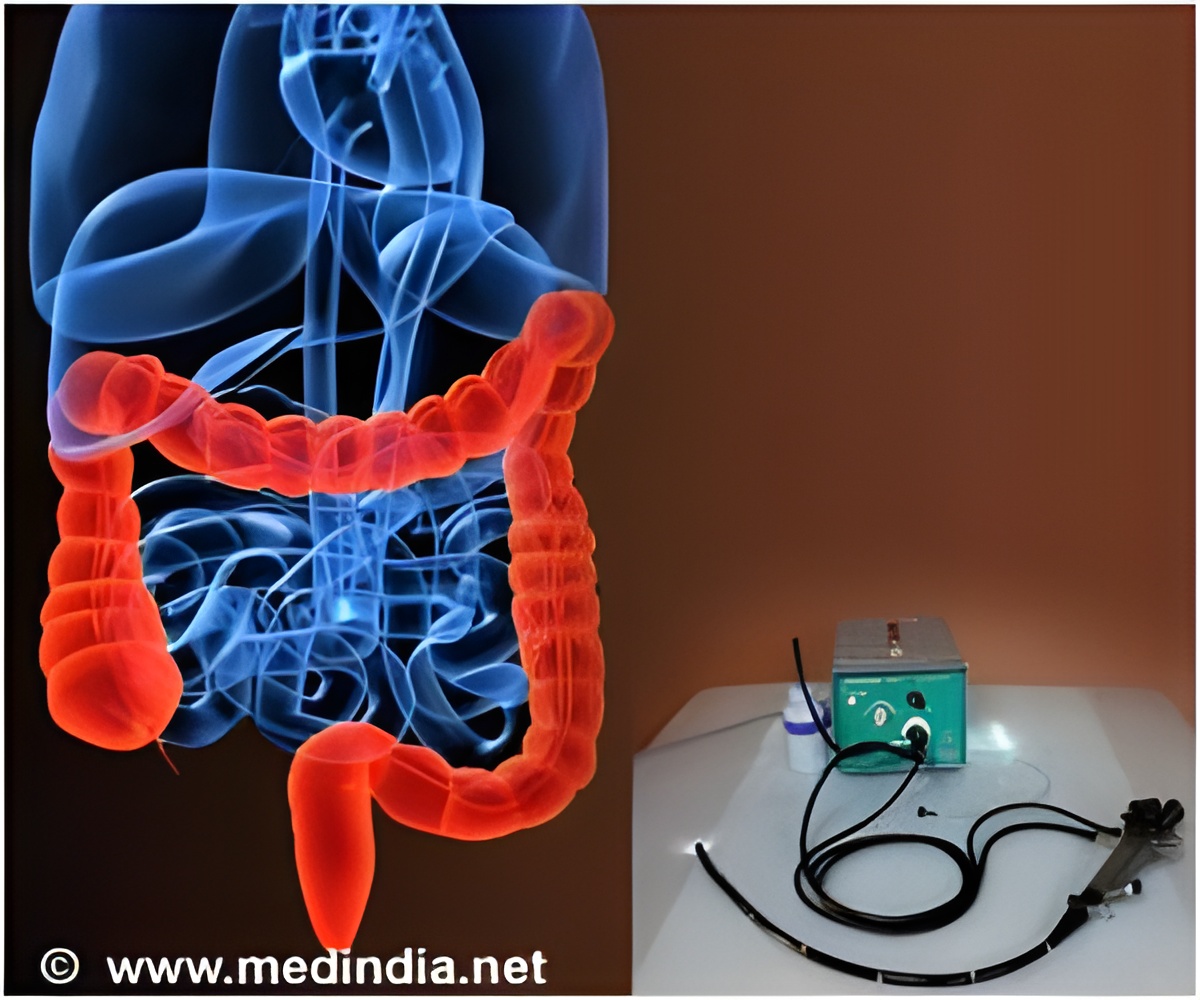Research has uncovered two promising blood-borne biomarkers for colorectal cancer that may one day lead to the development of a simple blood test.

Speaking to journalists today at the 22nd United European Gastroenterology Week (UEG Week 2014) in Vienna, Austria, Dr Antoni Castells from the Institute of Digestive Diseases Hospital Clinic in Barcelona, Spain, said these were exciting times to be working in CRC biomarker research. "Blood-borne biomarkers are opening up exciting avenues of investigation in colorectal and other cancers," he said. "We now have a better understanding of the molecular events participating in the development of CRC and these provide valuable targets for both the early detection of CRC and the development of novel treatments."
CRC screening: why do we need a blood test?
Colorectal cancer is the third most common cancer worldwide and the second leading cause of cancer-related death in the Western world. Several studies have confirmed that CRC screening is both effective and cost-effective in the average-risk population, with the two recommended strategies being stool tests that identify occult blood or exfoliated DNA associated with cancer, and structural examinations such as colonoscopy that detect both cancer and pre-malignant lesions.
"Participation in CRC screening programmes across Europe is worryingly low and there seems little doubt that people are put off by the nature of the current tests," said Dr Castells. "A simple blood test would encourage more people to come forward for screening, potentially saving thousands of lives every year."
The search for CRC screening biomarkers
Advertisement
The second potential screening approach outlined by Dr Castells involves assessing the profile of small, non-coding RNAs, known as microRNAs, which have been shown to be increased in the plasma from patients with CRC.2 A recent study conducted by Dr Castells and colleagues found that patients with CRC or advanced adenomas had a significantly different pattern of microRNA expression compared with healthy individuals, leading the group to conclude that plasma microRNA testing was a promising screening test for CRC that warrants further investigation.2
Advertisement
Source-Eurekalert














